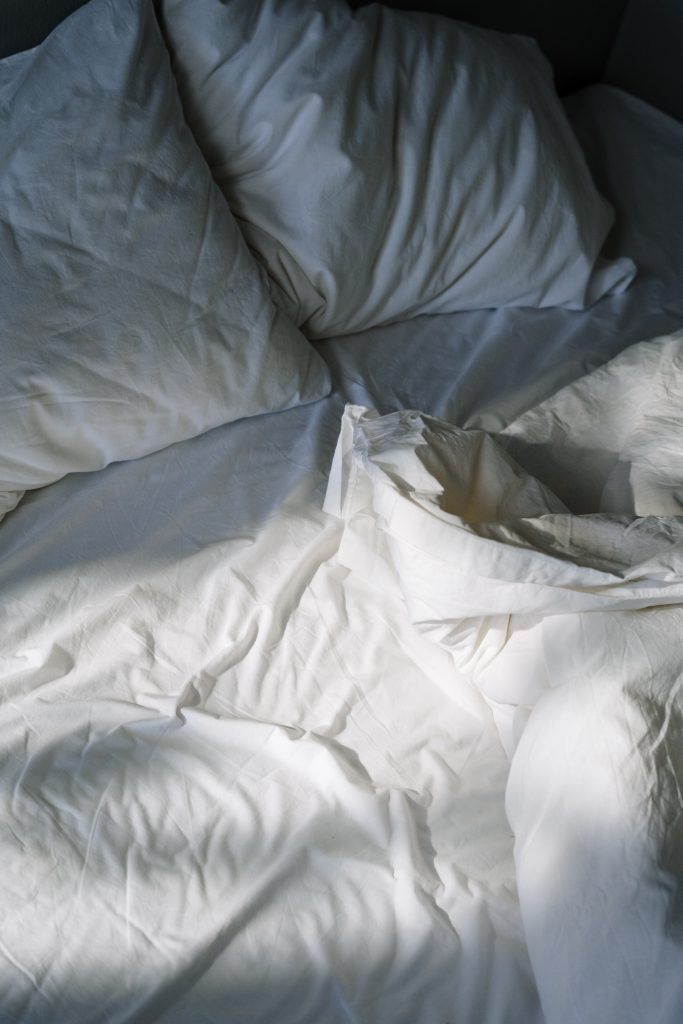*Some of the products in this blog were sent for us to review but they are part of our sleep tools and tricks arsenal and work well so we recommend them*
This blog post sharing Sleep tools and tricks we use for our non-sleeper. This is not an exhaustive post and it’s also not a post telling you what to do. What I would also say is that you need to seek professional help if you have reached a point where you think you need it, and you should never give your child medication without checking with a medical professional first.
Sleep for us has been a challenge since our boy was about a year old. You can read our story in parts here, here, and here. We now are at a place where sleep is better, but we still have bad patches. He struggles with change, the illness will throw sleep out and sometimes we simply cannot work out why sleep is not going so well and we just ride it out. We have good periods and then really rough periods. Bedtime is brutal, he wakes in the night, or is up very early or doesn’t go to sleep at all. It’s hard on us, but we have learned more or less what works and what doesn’t. This post is what works. I will do another post on what doesn’t and what has been suggested that we won’t do. We have has some help, but sleep input for children and families is not a massive priority in terms of provision so mostly we have stumbled along. We are currently waiting to be seen by a sleep specialist, when that happens I will share the process and advice and if it helps.

Medication: I am reluctant to use medication, particularly those that are either addictive or have side effects like drowsiness, or can make you feel “worse for wear” the next day. I don’t want to knock my kiddo out. But we do use melatonin, which has minimal side effects and seems to work. We take a break from it every few months and at some point, he will stop taking it but for now it is prescribed by his pediatrician, and it helps make bedtime a little less fraught.
Weighted blankets: These are brilliant for calming and settling, and making him feel secure and less anxious. We use this one and it works really well. They are not cheap, but they are well worth investing in and work well for adults and children too. You need to do your research and decide what best weighted blanket will work for the sleep and relaxation needs you are trying to improve.
Dark, calm, quiet: His room is dark, calm and quiet. We have seriously hefty black out blinds, we have special low lights for bedtime, and we keep his bedtime routine as quiet and calm as possible. We do not do bathtime before bed as we find bathtime doesn’t calm him down or help. We also make sure screen time is reduced at least an hour before bed.
White noise: We use a fan, he loves his fan. 24/7/365. It might. be artic outside and the deep of winter but he has his fan blowing on his face and the noise soothes him. It works. We go with it.
Magnesium Spray: This is something recent, which was suggested. Magnesium oil spray which helps the body to absorb magnesium transdermally is a good way to top up magnesium levels which can help the body relax and get better sleep. Combined with lavender which is a relaxing essential oil, it is working well for us so far.
Less stimulants in the evening: Sugar is a hot topic. Some people think it can affect behaviour, some don’t. We prefer to avoid it. We also don’t allow him to drink or consume anything with caffeine in it. He doesn’t like fizzy drinks or tea so it’s not really an issue but they are very much best avoided for a better bedtime.
All of these things are the basics recommended by anyone who might be helping you work out sleep issues and may or may not help. They do ease things and make bedtime slightly smoother. Unfortunately, there are no magic tricks or cures for sleep issues, it’s a question of working out what works and doesn’t for you and your kids. I am also going to share how I survive sleep deprivation too, in another post.
I would love to hear any tips or tricks we haven’t covered here, that you might have?